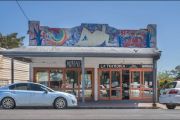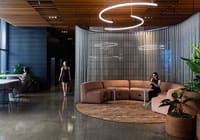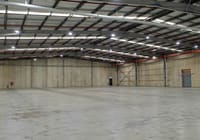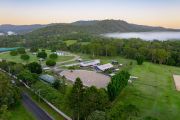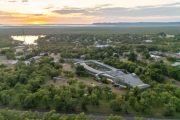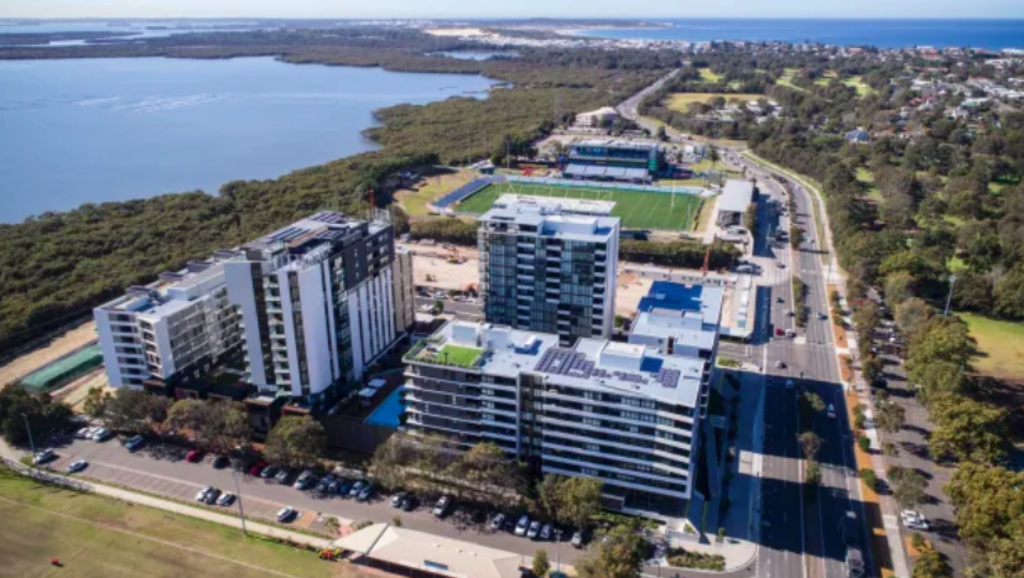
How RSL clubs are reinventing themselves
Asset-rich RSL clubs are taking advantage of the potential of their real estate in land-constrained CBDs to secure further income, with assets being redeveloped into office towers and apartment complexes.
Chatswood RSL, on Sydney’s north shore, is the latest club to delve into the world of property development, after submitting an application to redevelop its current headquarters into a $200 million 22-storey commercial tower with a new club on the lower levels.
The current low-rise building, which sits on a 3300-square-metre block, is ripe for redevelopment. It is in a prime position in Chatswood, close to the train station and surrounded by office towers. The club is seeking a joint venture partner to develop the tower.
Endeavour Property Group’s Andrew Gibbons, who is advising Chatswood RSL on the redevelopment, said it was increasingly common for landowners who weren’t traditional property players, such as clubs, churches and non-profits to turn to development for extra income.
“We are definitely seeing a lot of these traditional long-term land users try to understand what they have and how that marries with their plans – for example, are they best to stay on site or move off site?” Mr Gibbons said.
“You would traditionally see hotels, residential, or in more suburban RSLs you’d see bulky goods centres or sporting facilities [being built] with the club itself.”
While Chatswood RSL has had success growing its membership over the past few years, a strategic rethink about future income has been necessary for the organisation more broadly, given it has lost on average 1600 members annually since 2007, The Sydney Morning Herald reported last year.
In the case of Chatswood RSL, which needed a new and bigger space, they had two options: rebuild the club using a fraction of the site’s potential, or harness the site’s zoning and build a commercial tower above.
“We know that tenant migration compounded with strong office leasing fundamentals, rising rents, declining incentives and low vacancy levels have created the economic conditions required to feasibly develop commercial office buildings,” Mr Gibbons said.
In Sydney’s east, Bondi Junction RSL was recently given approval for a 10-storey mixed-use building with 78 apartments above a new club and retail component.
In Kogarah, the RSL Club recently unveiled its new $80 million residential development, Veridian, while at Woolooware Bay the Cronulla Sharks Leagues Club’s masterplanned town centre – with retail, a hotel, commercial suites, a medical precinct and a residential development – is taking shape.
In Melbourne, developer Grocon partnered with the RSL to build a $50 million residential project at a local branch in the inner-city suburb of Fairfield.
Ben Fairfax, managing director of Capital Bluestone, now a division of Hong Kong-listed developer Aoyuan International, has entered into profit-sharing agreements with several clubs, including in Kogorah and Woolooware Bay, to redevelop their sites.
“Traditionally clubs, whether they are bowling clubs, RSL clubs or leagues clubs, have very much been dependent on that social atmosphere, and also the connections they’ve had with the community,” Mr Fairfax said.
“But in the last 10 to 15 years you’ve started to see a higher percentage of their revenue being driven around liquor and gaming … and that’s not something that is being seen as sustainable in the long-term future,” he added.

